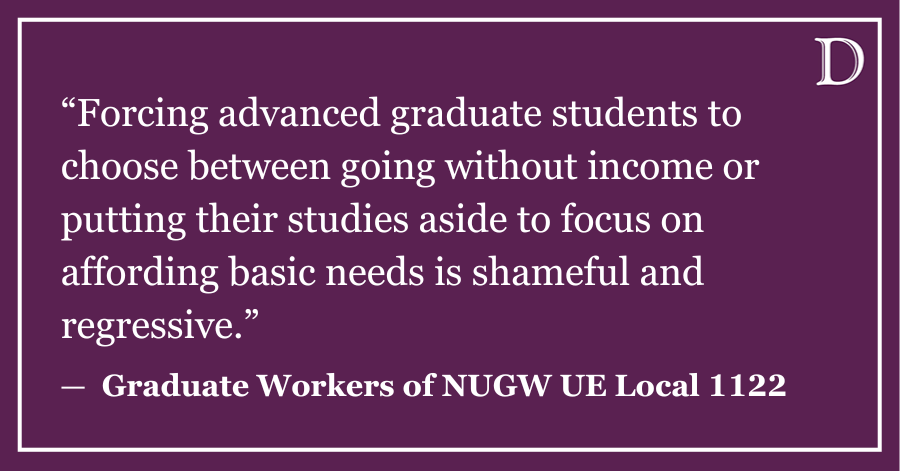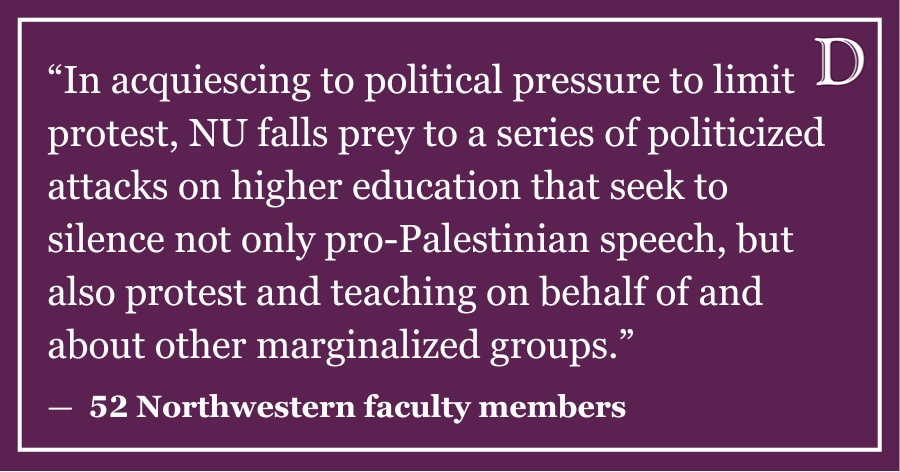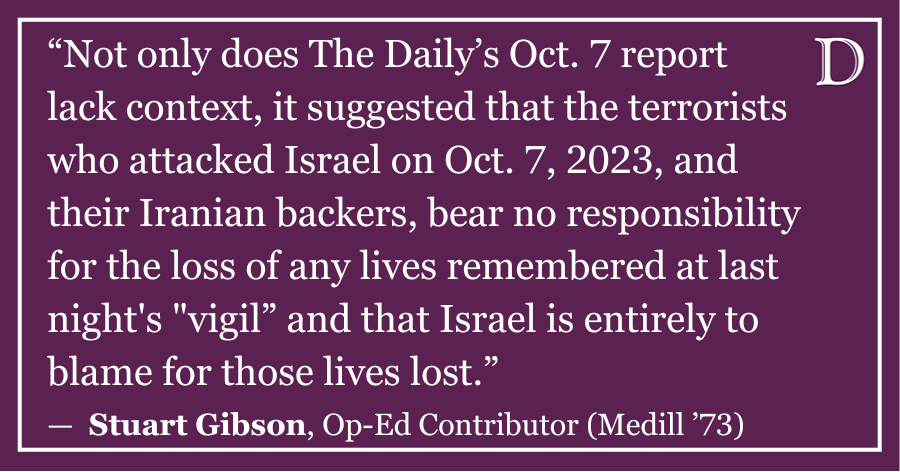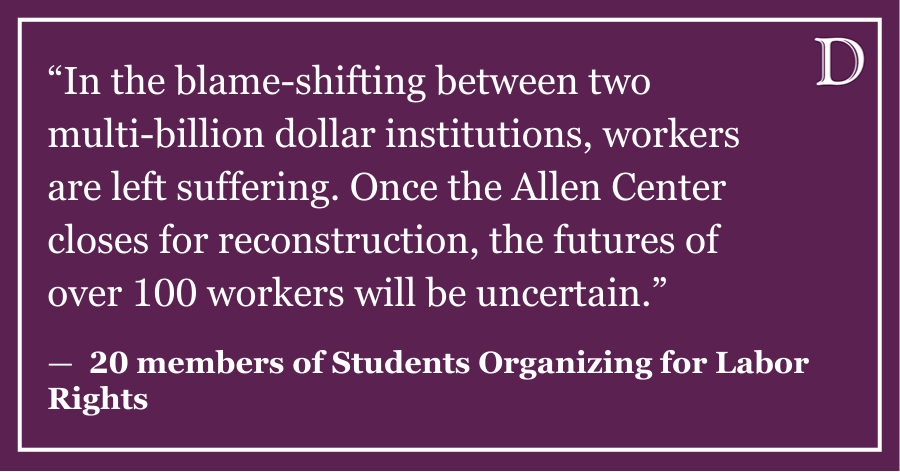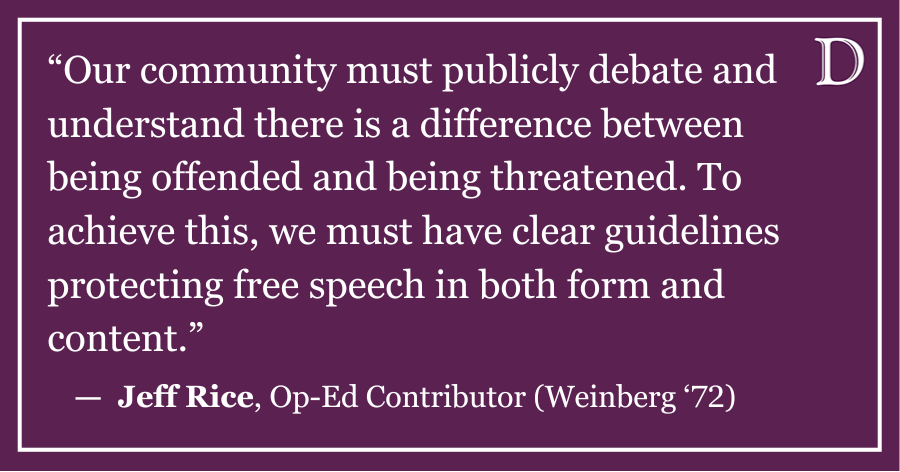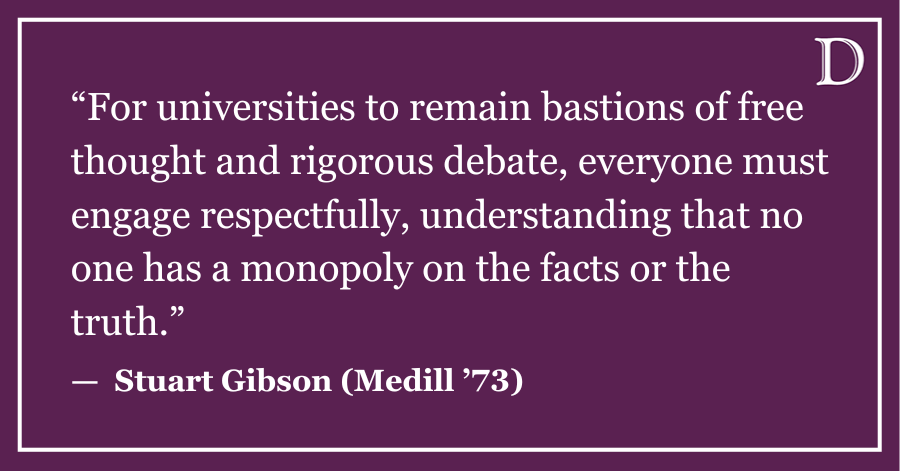Imagine yourself in a room with 100 of your friends or acquaintances. They’re all sitting in front of you. Now imagine 30 of them are unemployed. Well, the economy is bad, you may reason. But what if only six of them attained their bachelor’s degree by the age of 25? How would you deal with the knowledge that 36 of them will die over the next year? Or that 12 of them dropped out of high school while 12 of them still struggle with English, despite having graduated?
Does this seem accurate? It would be if those 100 people were Chicago Public School students. The situation in Chicago is quickly approaching dire. Recently, Martel Burnett, a 17-year-old student of Dyett High School, was gunned down. Parents have begun to keep their children home from school, fearing that seeing them to go to school means seeing them for the last time.
This is all happening in Chicago: our community, our backyard. The proximity may be worrisome, but it also means we can do something about it. As disconnected as we may feel from Chicago at times, Northwestern still likes to consider itself part of the city. And our city needs us. With this in mind, the NU Chapter of the Roosevelt Institute held a Illinois Youth Town Hall on Sunday.
Lack of educational and employment opportunities have caused youth to turn their backs on a city they feel has turned their back on them. The statistics have been laid out already; the situation may seem disastrous and beyond our reach. But we can make a difference. We at the Roosevelt Institute have created policy proposals to solve these problems – a co-op program for high school students, Illinois Monetary Award Program (MAP) grant reform and Free Application for Federal Student Aid (FAFSA) changes – that are all part of our agenda. These changes can start to reverse a cycle that has led to disinvestment in the youth of Illinois.
If there is anything we can take from the election of Barack Obama, it is that when we, the youth, take on a cause and put our full force behind it, we can make a difference. The national spotlight has been put on Chicago due to the aforementioned problems, making this the opportune time to begin our journey. At the very least, we can call attention to the dire situation we all face and call on our legislators, both state and national, to address these issues. This Sunday may not have been a revolution, but it is the first step of many to come; one in the right direction and one I hope we can take together. – Vijay Singh Weinberg juniorMarketing executive and Economic Development Policy head,The Roosevelt Institution at Northwestern University
